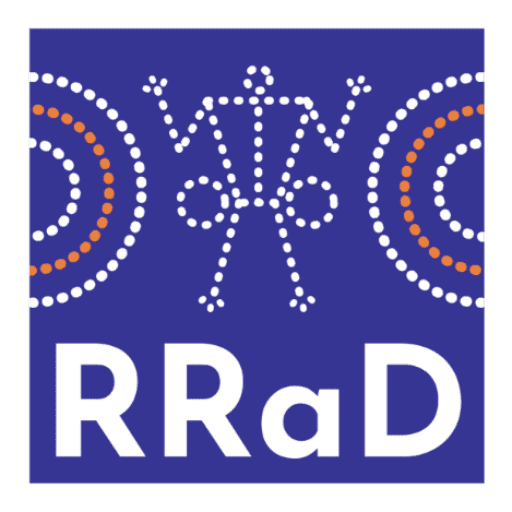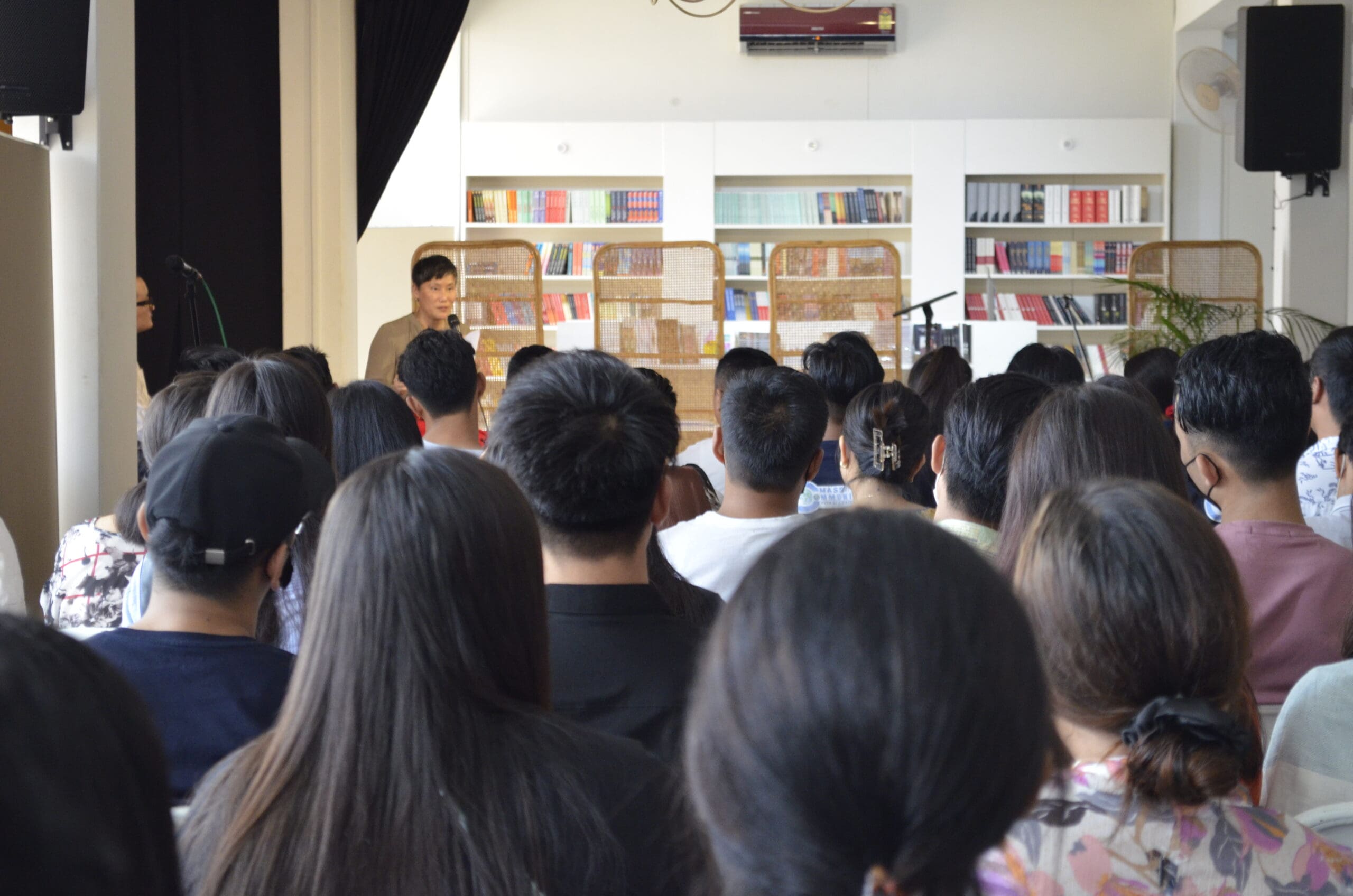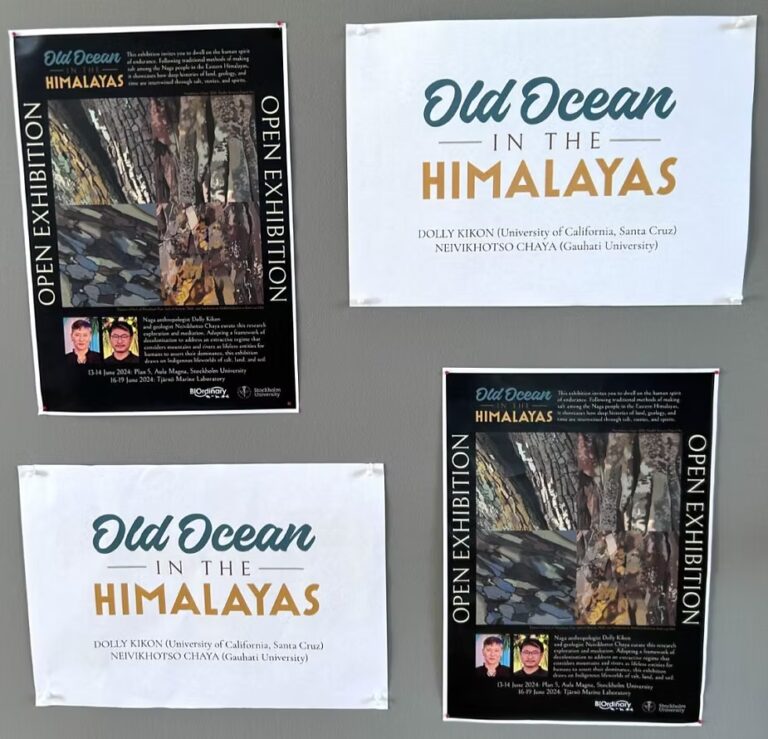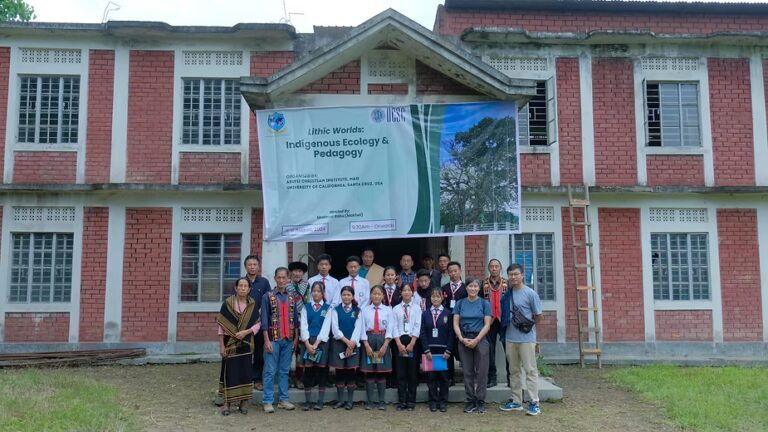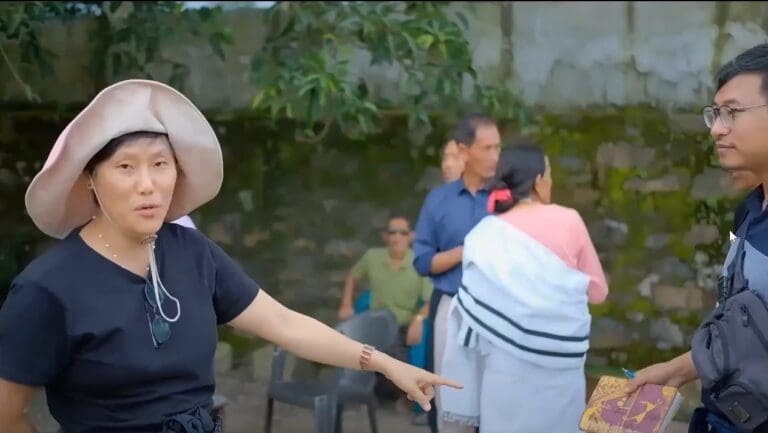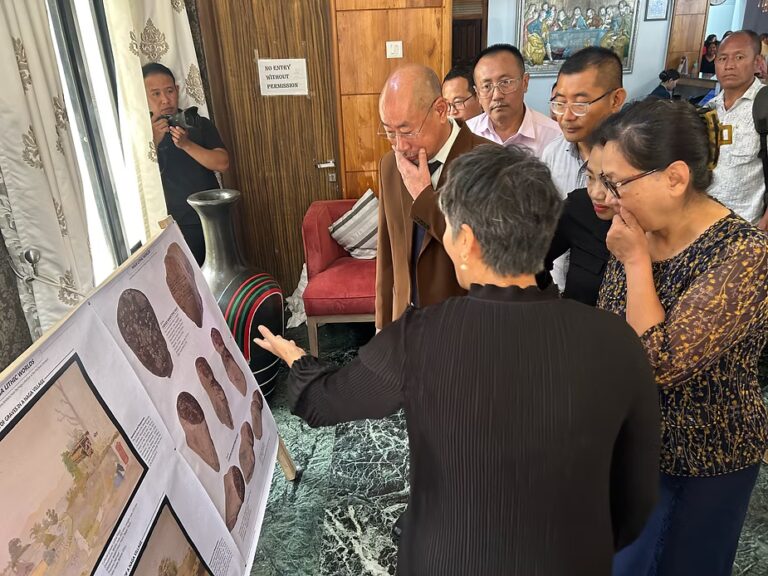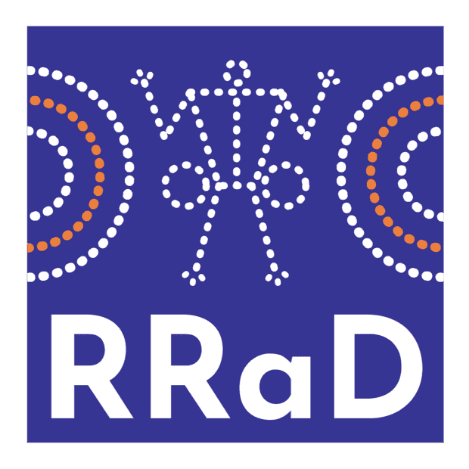As Wednesday’s Morung Lecture XIV presented by Naga Anthropologist Dolly Kikon on the title, ‘Naga Ancestral Remains, Repatriation and Healing of the Land,’ came to a close, reflections and examinations of past history of the Naga people, marred by conflicts, subjugation, and transformation brought forth by British colonisation, is in need of the hour.
As such, The Morung Express reached out to individuals who attended the lecture, to listen to their viewpoints and feedback with regard to the issue at hand.
Nokho Nyekha observed that everything Nagas thought they knew about their ancestors still call for a lot more research to find their own voice and start sharing their narratives.
“I always knew the British writings about us were their understanding of our culture and do not necessarily reflect our voice. But at the same time I believe that the writings left to us by them should form the basis whenever we research on our own past heritage. I’ve learned to lean more on the understanding of my parents and grandparents to help take a peek into our past life,” she observed.
What resonated to her the most was the need for “decolonising our mind.” “I’ve been working on it for years, and I thought I’ve been succeeding at it but the lecture made me realise that I still have work to do,” she reflected.
Nyekha meanwhile said that whilst efforts are made to bring back Naga ancestral remains, efforts are also required to “stop our artefacts from leaving our land again.” “We still have a lot of artefacts in the villages and they’re freely sold to tourists. A number of stalls are also witnessed at every Hornbill Festival, openly selling centuries old artefacts,” she noted.
For Manngai H Phom, working as an Asst Professor at Tetso College, he noted that the whole process was quite overwhelming but such conversations should continue and penetrate into deeper sections of Naga society.
He said that repatriation is not just the process of bringing back the human remains or artefacts that come along with it but also a form of “bringing back some of our lost culture.” He said that Naga narratives were taken away and replaced by colonial representations.
“I believe that this session has opened the eyes of not just mine but everyone else’s as it has paved the way for a second chance to tell our story truthfully. Normally it has only remained as stories without factual evidence but we are going to get evidence along with our stories and that is something which all of us need to be ready for,” Phom said.
He further called for the need to start from the idea of “decolonising our religion because in the past, the idea was that in order to be Christian, we have to do away with what we have been practising, to do away with our past.”
Phom added that we “certainly cannot exist without having known about our past.” “That is what colonialism did to us in terms of religious adoption. We need to re-sensitise the understanding of our faith,” he said.
Yilobemo, a research scholar at Nagaland University, on the other hand mentioned how the lecture provided an insight into the ugly truth of colonization.
He hoped that the lecture would “inspire the young minds to be courageous enough to challenge colonial literature and correct the record.” “As a research scholar, I began to understand the need of respecting and preserving other people’s traditions and cultures since they are an important part of their identity, regardless of whether they are similar to our own,” he added.
First published in The Morung Express | July 29 2022
Links: https://www.morungexpress.com/relearning-the-past-through-our-own-lens
